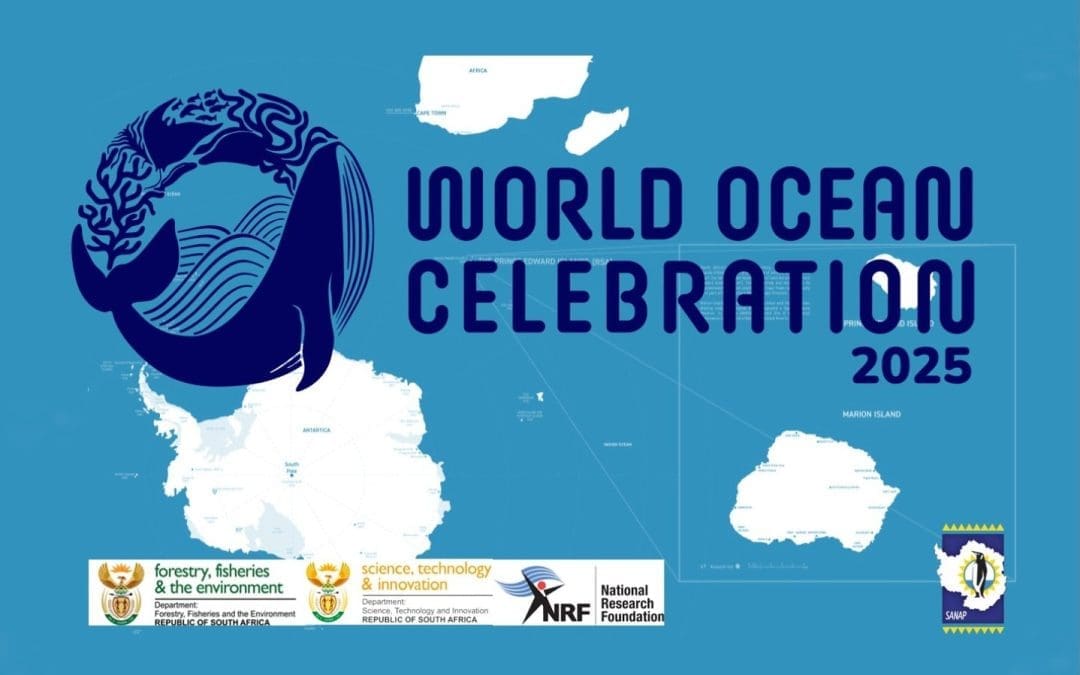One Ocean, One Climate, One Future – Together
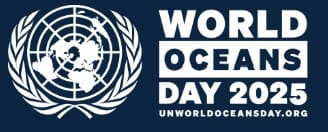 On 8 June 2025, the SANAP community celebrates World Oceans Day under the powerful theme: One Ocean, One Climate, One Future – Together. At the heart of this theme lies a call to protect our blue planet through collective research, and deepened understanding of the critical role our oceans play in shaping the Earth’s climate and supporting life.
On 8 June 2025, the SANAP community celebrates World Oceans Day under the powerful theme: One Ocean, One Climate, One Future – Together. At the heart of this theme lies a call to protect our blue planet through collective research, and deepened understanding of the critical role our oceans play in shaping the Earth’s climate and supporting life.
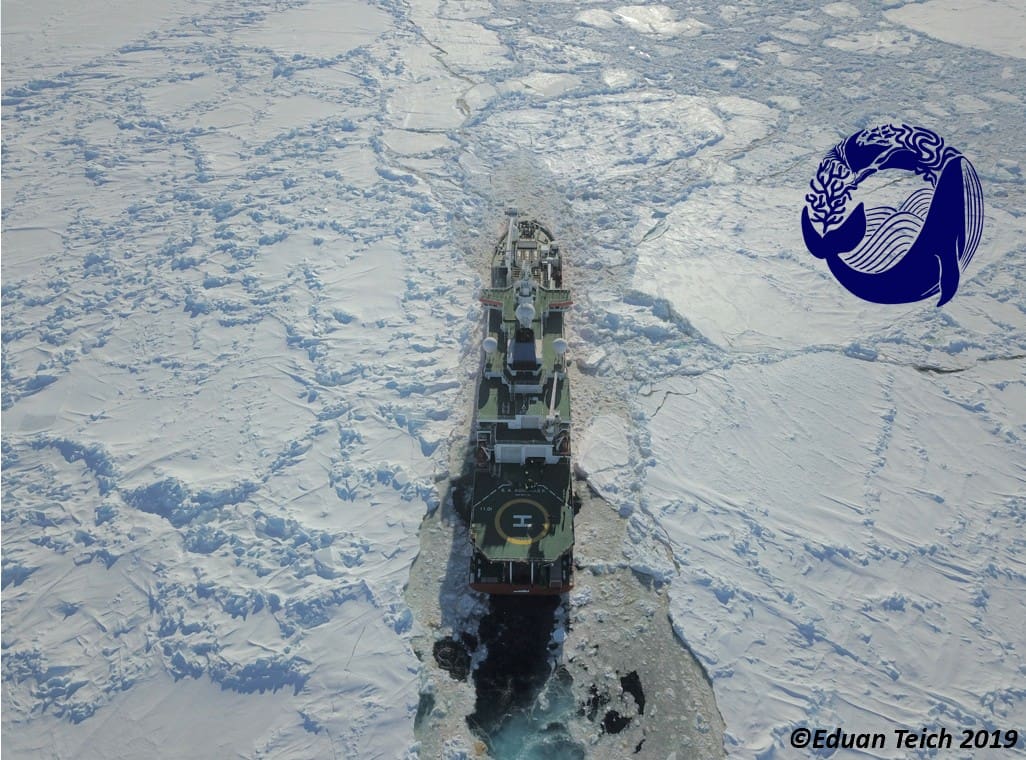 For the South African National Antarctic Programme (SANAP), this is more than a celebration—it’s a reaffirmation of our mission – Understand, Develop and Conserve. Our Southern Ocean research efforts are driven by the urgent need to understand the links between ocean health, climate change, and the wellbeing of future generations. South Africa, as a gateway to Antarctica and the Southern Ocean, plays a key scientific and logistical role in advancing global knowledge of polar and marine systems.
For the South African National Antarctic Programme (SANAP), this is more than a celebration—it’s a reaffirmation of our mission – Understand, Develop and Conserve. Our Southern Ocean research efforts are driven by the urgent need to understand the links between ocean health, climate change, and the wellbeing of future generations. South Africa, as a gateway to Antarctica and the Southern Ocean, plays a key scientific and logistical role in advancing global knowledge of polar and marine systems.
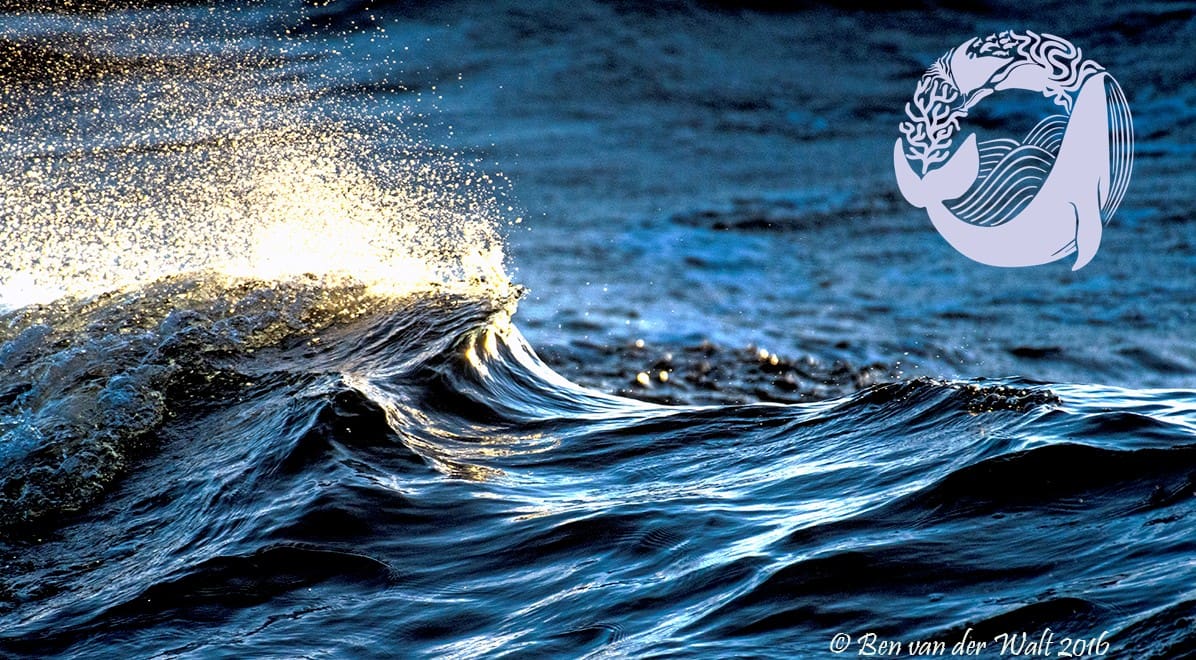 Sometimes called the lungs of the planet, the Southern Ocean absorbs vast amounts of carbon dioxide and heat, making it one of the most crucial regulators of Earth’s climate. It drives ocean circulation, supports unique ecosystems, and connects all major ocean basins. However, it is also one of the fastest-changing regions due to climate change—warming waters, shifting ice dynamics, and altered ecosystems pose challenges that demand urgent scientific attention.
Sometimes called the lungs of the planet, the Southern Ocean absorbs vast amounts of carbon dioxide and heat, making it one of the most crucial regulators of Earth’s climate. It drives ocean circulation, supports unique ecosystems, and connects all major ocean basins. However, it is also one of the fastest-changing regions due to climate change—warming waters, shifting ice dynamics, and altered ecosystems pose challenges that demand urgent scientific attention.
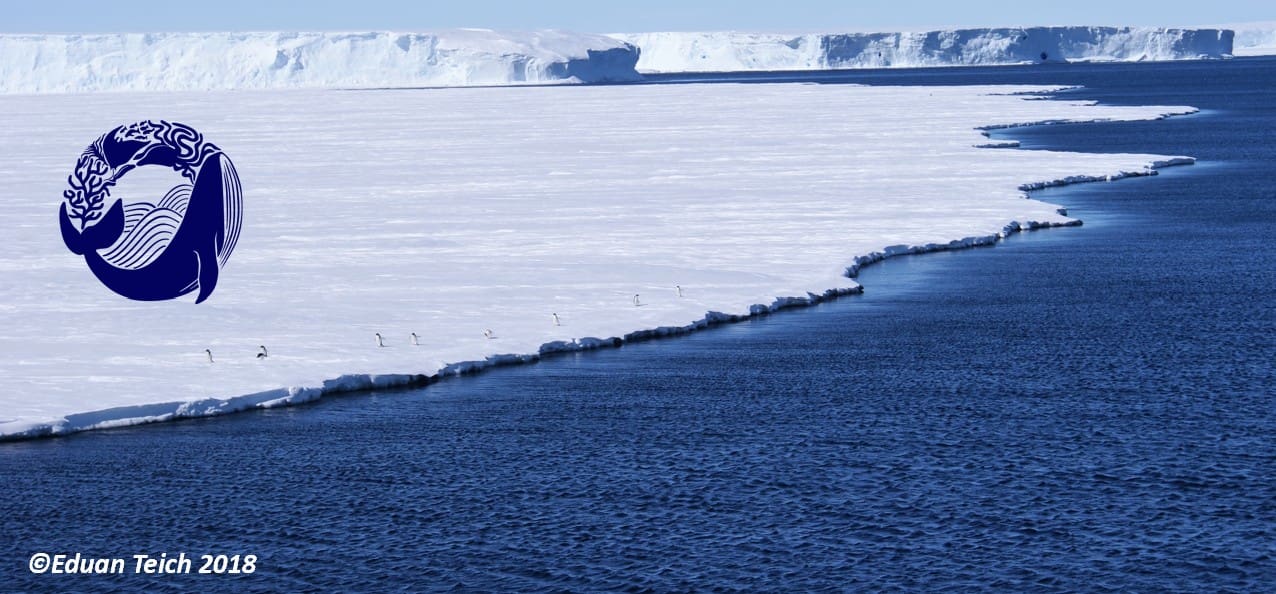 SANAP’s Research Footprint
SANAP’s Research Footprint
 Through SANAP, South African researchers from various institutions are contributing world-class science to understand and protect the Southern Ocean:
Through SANAP, South African researchers from various institutions are contributing world-class science to understand and protect the Southern Ocean:
- The University of Cape Town (UCT) leads long-term monitoring programs on carbon fluxes, ocean-atmosphere interactions, and ecosystem responses to warming. MARiS includes the Antarctic MIZ Observations: Interdisciplinary approaches to resolve seasonal sea-ice variability. The SEAmester floating classroom initiative also trains young scientists at sea, combining education with real-time research.
- Stellenbosch University contributes cutting-edge work in marine microbiology and ocean biogeochemistry, studying the role of microscopic life in global carbon cycling and nutrient dynamics.
- Nelson Mandela University focuses on marine top predators, such as seals and penguins, to track ecosystem health and food web shifts in response to
- South African Weather Service project includes the decoding the mercury cycle in the Southern Ocean: in situ observations and advanced modelling
- CSIR – Smart Places – SOCCO has two projects focusing on the Southern Ocean Carbon-Heat Nexus: mixed-layer processes & feedback for improved climate projections and emergent constraints on Southern Ocean phytoplankton physiology (ECOSOPHY)

